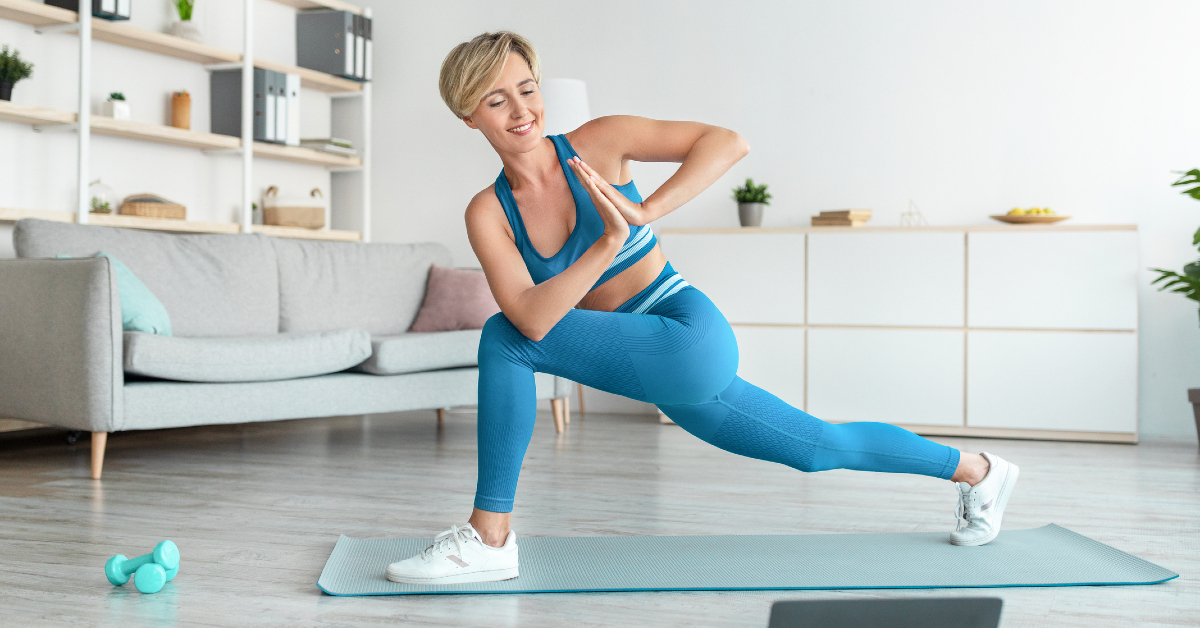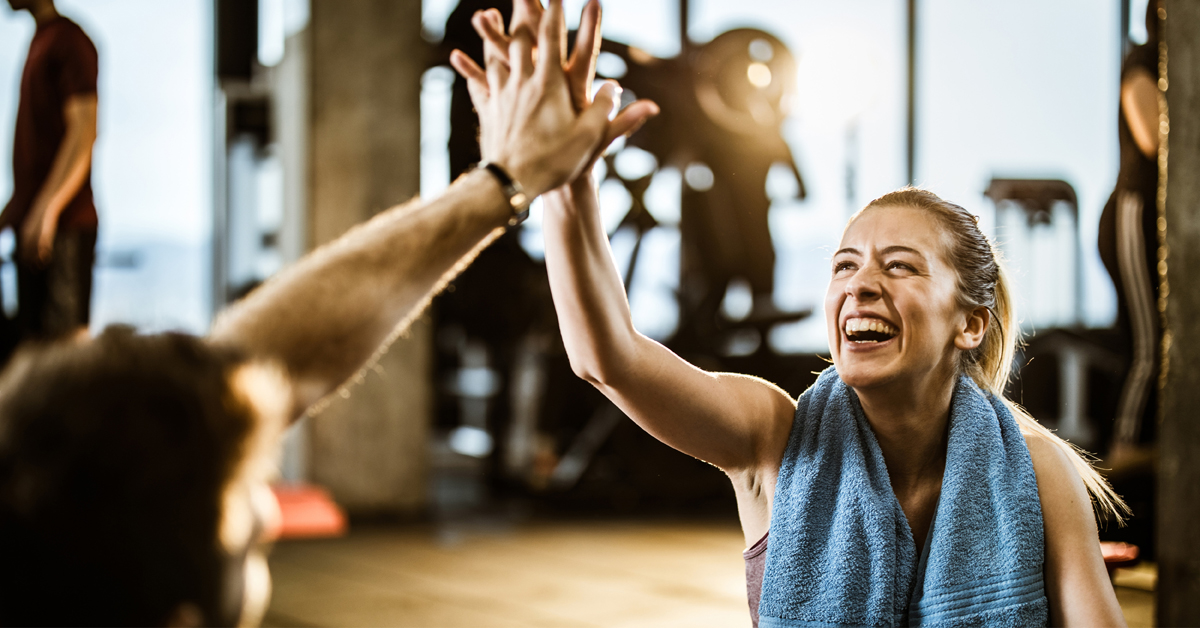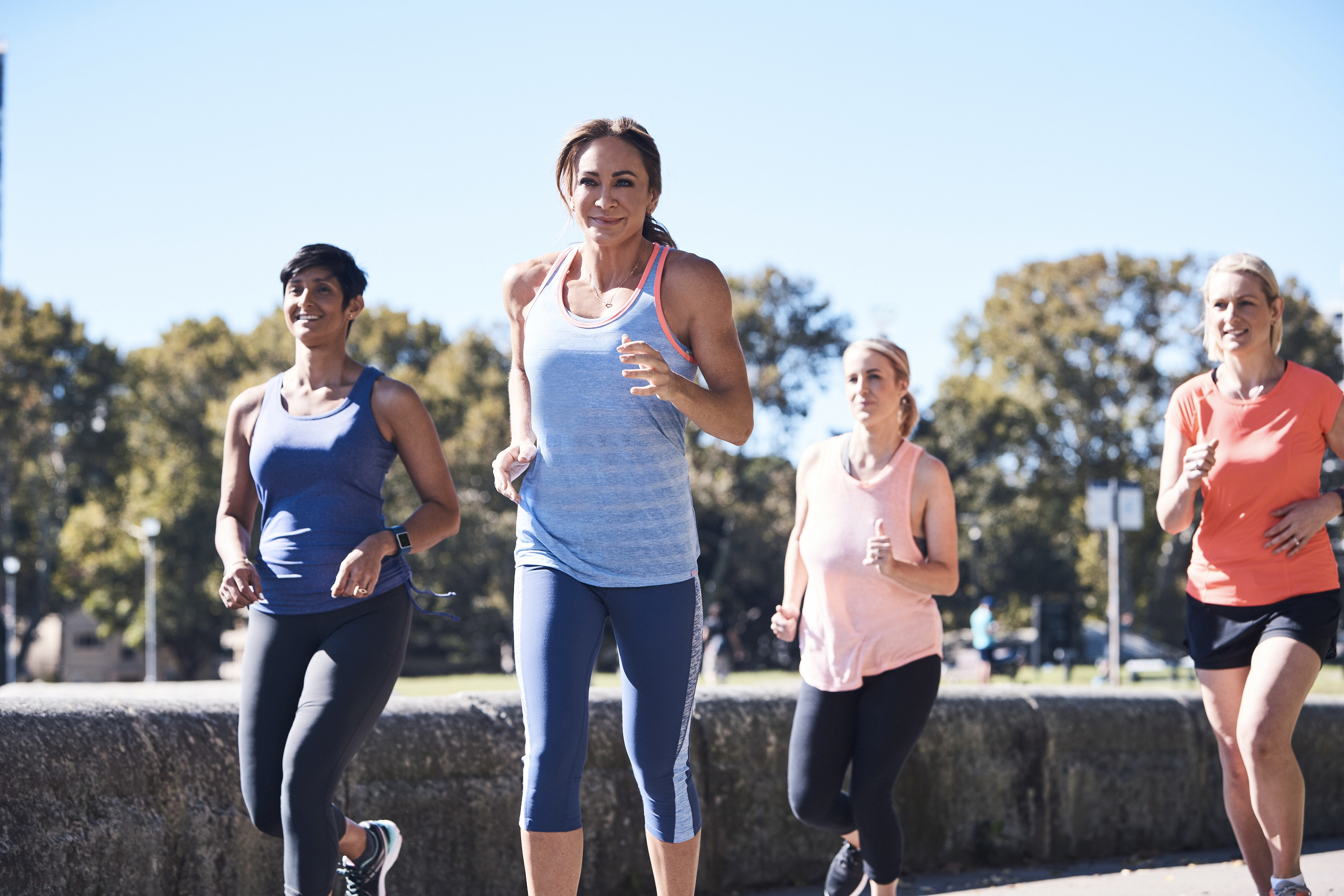If you’re pregnant, it can be very tricky to navigate which exercises are safe, which you should avoid, and whether you should even exercise at all. There are a LOT of opinions on this topic! In a nutshell: yes, you CAN exercise while pregnant – it’s actually very good for you and bub. We’re answering all your exercise questions below, plus sharing a very special kettle bell workout from Mish herself!
What Are The Benefits Of Exercising During Pregnancy For Me?
There are so many benefits for pregnant women who exercise regularly, including:
- Increased energy, stress relief and improved moods
- Reduced back pain and fewer pregnancy aches
- Decreased chance of pregnancy illnesses such as preeclampsia, gestational diabetes and postpartum depression
- Faster recovery from labour and birth
- Weight control and healthier self-image
- Faster return to pre-pregnancy weight and fitness level after birth
What Are the Benefits For My Baby?
Essentially babies are tougher and less vulnerable to the usual stresses of later pregnancy and labour, but exercising is a great help to both you. Some benefits include:
- Better than average placental growth and functional capacity
- Lower incidence of cases where there is medical concern before labour
- Lower incidence of stress-induced meconium output during labour
- Lighter and leaner babies compared with non-exercising mothers
- All aspects of growth and development after birth in babies from exercising mothers are equal to or better than those observed in the non-exercising mothers’ babies.
- At one year of age, significantly better performance on standardised intelligence tests (Bayley Test of Infant Development) both in mental and physical performance.
- At five years of age, less weight and fat than the control groups
- The influence of exercising parents reduces the risk of obesity and associated risks of obesity .
Should I Check With My Doctor First?
In a word: absolutely! Speak to your doctor before starting any training while pregnant. If you’re feeling well and your pregnancy is progressing smoothly, it should be no problem for you to be regularly active. Once your doctor has given you the go-ahead to exercise, aim for 30 minutes of moderate-intensity activity on most (if not all) days of the week.
What Exercises Are Safe?
There are loads of activities you can do while pregnant that are both fun and safe. Walking, swimming, yoga, pilates, dancing, low-impact aerobics, stationary cycling and step or elliptical machines are all great choices. Try to incorporate some stretching and flexibility training, strengthening (plus a focus on pregnancy muscles like pelvic floor, and postural strengthening) and relaxation exercises too.
What Exercises Should I Avoid?
When it comes to activities you should avoid, think about those that are high impact, or have a high risk of falling. Downhill skiing, horse riding, rollerblading, water skiing and gymnastics are generally a no-go for pregnant women. Contact sports that may incur falls or blows to the abdomen (like netball, hockey, volleyball, soccer, basketball and baseball) should be avoided also.
I Didn’t Exercise Before Falling Pregnant. Can I Start Now?
It used to be said that it was unsafe for women to start exercising during pregnancy if they weren’t active before. Don’t panic: this old myth has been debunked and exercise is considered not only safe, but great for you and bub – as long as you’re careful, start gradually and follow your doctor’s advice. Gradual warm ups and cool downs, taking it slow and really listening to your body are very important.
I Was Really Active Before My Pregnancy. Can I Continue My Training?
If you were active before your pregnancy, you may continue with a modified version of your exercise or sport to fit your growing body, and protect your baby. Train at around 70 per cent of what you were doing before. If you can talk or whistle then that’s a good level. Even more challenging activities like running, strength training, outdoor cycling or non-contact ball sports are OK, with the all-clear from your doctor. Monitor how you feel after your workout – you should feel energised, but not totally drained and exhausted.
The Importance of Pelvic Floor
What is My Pelvic Floor?
Your pelvic floor is layers of muscles, tissues and ligaments that stretch from your pubic bone, all the way back to base of your spine. Weak pelvic floor muscles can lead to difficulty controlling your bladder or bowels.
Why Is It So Important?
Your pelvic floor supports your bladder, uterus and bowels. It is sometimes compared to a trampoline, as the muscles can stretch and bounce back up. However, after the continued strain of pregnancy, these muscles can become weak and overstretched. Hence the importance of strengthening them!
How Can I Strengthen My Pelvic Floor Muscles?
First of all, you need to identify where they are. Contract the muscles that stop your flow of urine midstream (but don’t do them while urinating – this could weaken your muscles over time). The key is to be consistent, so aim to spend a few minutes each day strengthening them.
Here’s how:
- Contract the muscles and hold for five seconds, then relax for five seconds.
- Do three sets of 10 repetitions a day.
- Gradually work up to contracting for 10 seconds and relaxing for 10 seconds.
- Make sure you only contract your pelvic floor muscles and not those surrounding it (like your thighs or abs).
Golden Rules of Exercising While Pregnant
Avoid Overheating
This is particularly important during your first trimester, so avoid exercising in any overly hot conditions. Making sure you’re properly hydrated (even if the weather is cool or you’re working out in the air conditioning) is extremely important, so always keep a bottle of water handy.
Don’t Go Too Hard
Remember the phrase “everything in moderation” here. You don’t want to feel hot, exhausted or excessively sweaty, so monitor the intensity of your workout and stop if you feel tired or unwell. Also avoid really heavy weights (stick to light or medium).
Watch Your Balance
When you’re pregnant, you may notice your balance is a bit off. This is because as your body shape changes, your centre of gravity will naturally shift forward. This can affect your balance, so even if you could do certain stability exercises with ease at the start of your pregnancy, take extra caution with them as your weight increases and body changes.
Avoid Quick Changes in Position
Take care when suddenly changing positions, such as from lying to standing, or you might have a dizzy spell (usually after your first trimester). This is because your blood pressure drops after the fourth month of pregnancy, so take it slow and steady. Avoid lying on your back after 16 weeks: Once your baby gets to a certain size, it’s best to avoid exercising flat on your back (usually around the 16 week mark). You’ll know when because you will feel uncomfortable, short of breath, dizzy, maybe even tingly in your legs. Simply change to an incline position and make sure it feels comfortable.
The most important thing is to listen to your body. Don’t be afraid to rest if your body is telling you to take a break, but know that exercising safely is one of the best things you can do for the physical and emotional health of both you, and your baby.
Sign up now to the 12WBT Pregnancy Program today – our 12WBT pregnancy experts can help you stay healthy and active during your pregnancy.
For more information, visit our fact sheets on exercising during pregnancy, and a healthy pregnancy diet.















Hi,
Can you please provide more information on diastis recti. I thought that the Fitness Australia guidelines state that planks and crunches should be avoided. That would be fantastic!
Hi Julia,
As everyone is different, we recommend you get your doctor or physio’s professional advice about what abdominal exercises are okay for you to do. As recommended by Fitness Australia, exercises such as crunches and hovers are not advised until you are able to engage your pelvic floor and core muscles, and control these through the move. When someone has diastis recti, these exercises are not advised at all. For these reasons, crunches do not make an appearance in the 12WBT Post Baby Program and modified hovers are only included towards the end of the Round. We encourage you to modify the Exercise Plan as much as you need do and only do what you can. 🙂
All the best,
Leila
12WBT Support Crew
Whilst I am extremely glad 12WBT is improving the maternity program content, I feel more frustrated to have done it before Mish was pregnant. The program in my view definitely wasn’t than well design and only two dedicated videos and no much instruction of what you could do in between.
I did my fist program before get pregnant and I LOVED IT!, and achieved great results, then I did my second round whilst pregnant and I was extremely disappointed!
I always thought I will do a round after baby is born but my disappointment was huge with the maternity one, and this was only May 2015 round, which I feel the program was trying to reach every niche of the market when really they weren’t than ready.
I can see now with Mish pregnancy she is putting a lot of effort on it, and probably the program will improve massive amounts. Shame I couldn’t share that experience.
Sylvia.
Sylvia.